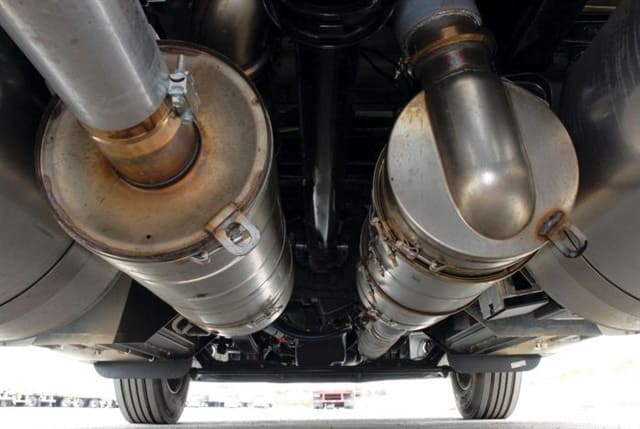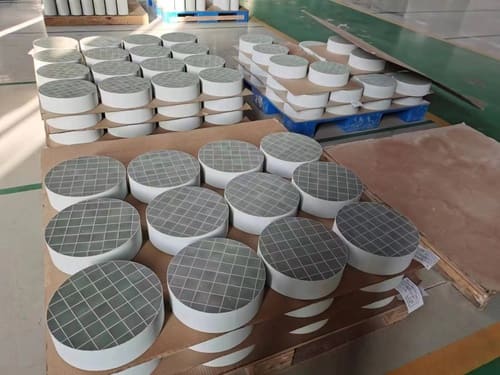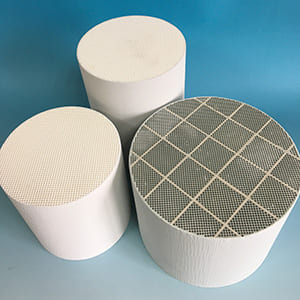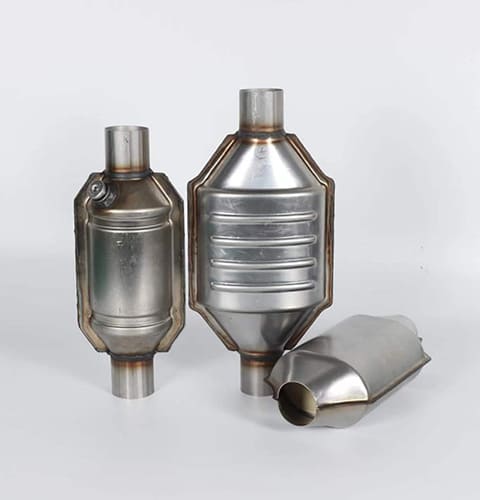Have you ever wondered why your diesel vehicle’s performance seems to have decreased? Or perhaps you’ve noticed that your vehicle is consuming more fuel than before? Could it be due to an issue with the Diesel Particulate Filter (DPF)?
Understanding the role and importance of the DPF in a diesel engine is crucial. The DPF is responsible for removing soot and particulates from the exhaust, making diesel engines more eco-friendly. However, over time, these filters can become clogged and require cleaning. So, how can you clean a Diesel Particulate Filter?
Knowing how to maintain and clean your DPF can lead to better fuel efficiency, improved vehicle performance, and ultimately a longer lifespan for your vehicle.

What Happens When a DPF Becomes Clogged?
When a DPF becomes clogged with soot and particulates, this blockage can cause several issues with your vehicle’s performance. This could include reduced fuel efficiency, lower power output, and potentially lead to serious engine damage if not addressed. According to data from RAC, a severely blocked DPF can also result in the car automatically going into ‘limp mode’ to prevent further damage.
How Do I Know if My DPF Needs Cleaning?
There are several telltale signs that your DPF needs cleaning. These include an increase in fuel consumption, a decrease in power output, and the engine warning light or a specific DPF warning light illuminating on your dashboard. In some cases, your vehicle might even enter a ‘limp-home’ mode, limiting speed to prevent further engine damage, as mentioned in The AA’s guidelines.
How Can I Clean a Diesel Particulate Filter?
There are several methods for cleaning a DPF, ranging from passive and active regeneration methods typically performed by the vehicle’s systems, to manual cleaning methods that require the DPF to be removed from the vehicle.
Passive regeneration occurs naturally during long drives at steady high speeds, where the exhaust temperature is high enough to burn off the excess soot in the DPF. Active regeneration, on the other hand, is controlled by the engine’s computer, initiating a process to increase exhaust temperature to burn off the accumulated soot.
However, in cases where the DPF is severely clogged and these methods are insufficient, manual cleaning is necessary. This could involve professional cleaning services that use specialized machinery and chemicals to clean the DPF thoroughly. As per Motoring About’s article, it is highly recommended to use professional services rather than attempting to clean a severely clogged DPF by yourself.
Can I Prevent My DPF from Clogging?
Absolutely! Preventing clogs is a far better approach than dealing with a fully blocked DPF. Regular maintenance, including using good quality fuel, taking long drives to allow passive regeneration, and getting regular vehicle check-ups can help keep your DPF in good condition. More on this can be found in DieselNet’s article.

Conclusion
Maintaining a clean Diesel Particulate Filter is vital for the performance and longevity of your diesel engine. Whether it’s through regular long drives at high speed, using quality fuel, or seeking professional cleaning services for a severely clogged DPF, the health of this essential component should not be taken lightly. Regular


